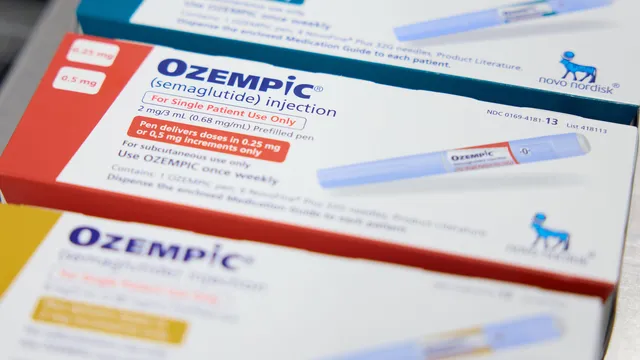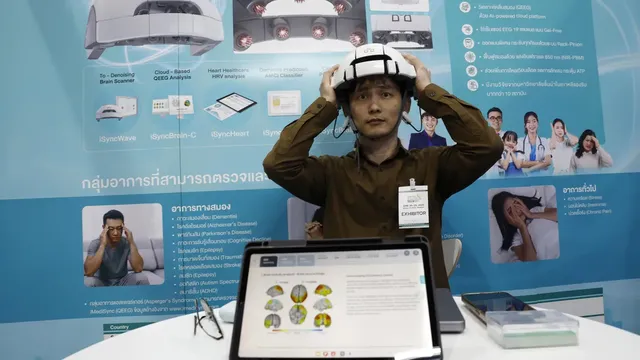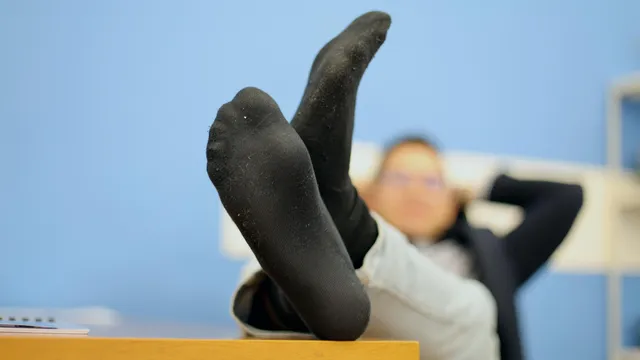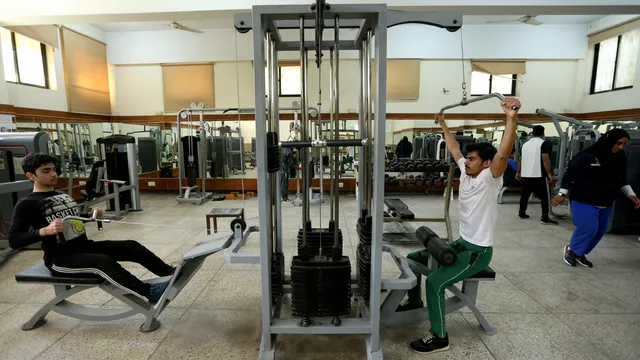Want to reduce your risk of dementia and Alzheimer's disease? Get on your bike and ride. That's what a new study recommends.
Regular cycling as a means of transportation reduces the risk of dementia by 19% and Alzheimer's by 22%, according to results published in JAMA Network Open.
The results also show that cycling may even help increase the size of a part of the brain that is important for memory, the researchers note.
"Cycling is a moderate to high-intensity exercise that also requires balance. It requires more complex brain function than walking, which may be why it is more effective at reducing the risk of dementia," said Dr. Liron Sinvani, director of geriatric services at Northwell Health in Manhasset, New York.
“It's not just about doing exercises and incorporating them into your routine, but thinking about the way you live your life. So, instead of driving a car, taking your bike and using active modes of transportation as part of your lifestyle becomes very important,” she explained.
For the study, researchers analyzed data on nearly 480,000 people participating in the UK Biobank, a long-term study of the health of people living in England, Scotland, and Wales.
As part of the study, participants noted the modes of transportation they used most often to get around, excluding travel to and from work.
Over the average follow-up period of 13 years, more than 8,800 participants developed dementia, and nearly 4,000 developed Alzheimer's disease.
The results show a lower risk of dementia and Alzheimer's among those who cycle or include cycling among other forms of transportation such as walking, driving, or using public transportation.
"Our findings suggest that promoting active transportation strategies, particularly cycling, may be associated with a lower risk of dementia among middle-aged and older adults, which has significant public health benefits by promoting affordable and sustainable practices for maintaining cognitive health," concluded the research team led by Liankai Chen, associate professor at Tongji Medical College, Huazhong University of Science and Technology in Wuhan, China.
MRI scans of the brain showed that cycling was also associated with a larger hippocampus, a part of the brain involved in memory formation and learning, the researchers noted.
However, the results suggest that the benefits of cycling extend mainly to people without a genetic risk of Alzheimer's.
People without the APOE E4 genetic variant have a 26% lower risk of dementia and a 25% lower risk of Alzheimer's.
The results are not statistically significant among APOE E4 carriers, but show less protection from cycling.
Interestingly, the results also show that driving offers some protection against dementia compared to traveling by bus or subway.
“Even when using inactive modes of transportation such as cars or public transportation, it appears that driving has a slightly better impact [on brain health] than public transportation,” Sinwani said.
However, the researchers note that this observational study cannot establish a direct cause-and-effect relationship between cycling and healthy brain aging.
"When patients, family, and friends ask me what they can do to reduce their risk of dementia, I tell them they should do anything that gets them outside and active. I think we're seeing that it's not just about physical activity, but also about balance, which really engages different parts of the brain," she said.
If you can ride a bike, do it. If you can't, use your feet, Sinwani advises.
“I think if the question is ‘should I walk or ride a bike?’, I would say ride a bike, but if the question is ‘should I walk or just stay home?’, I would definitely say walk,” she emphasized. | BGNES

 Breaking news
Breaking news
 Europe
Europe
 Bulgaria
Bulgaria







